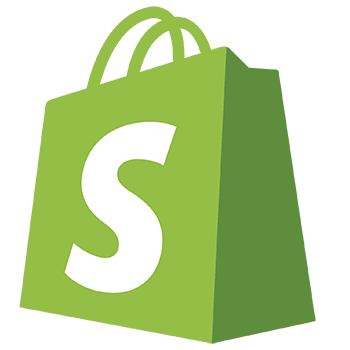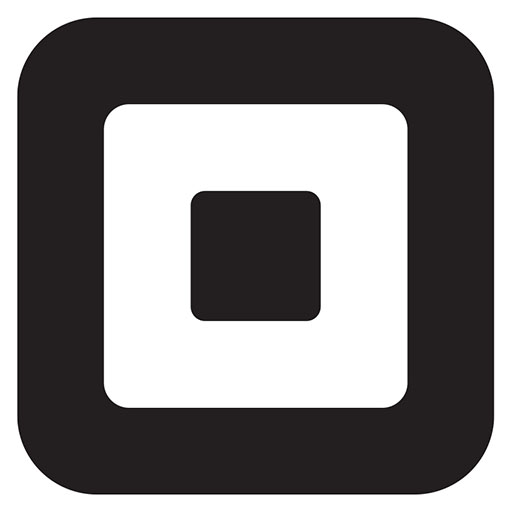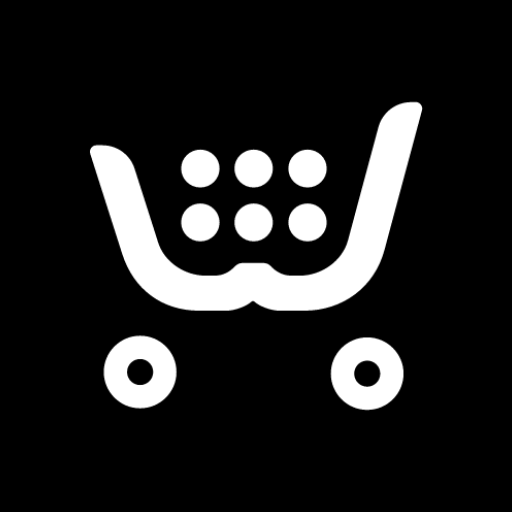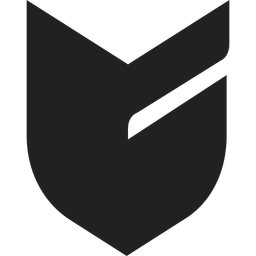Selling online in 2026 doesn’t require a big budget or a web developer. With the right ecommerce platform, you can launch your store, list products, and start taking orders — all without spending a dollar upfront.
Whether you’re starting a print on demand business or testing product ideas, free ecommerce platforms can give you everything you need to sell online with zero commitment.
I tested and reviewed the top free options to help you choose the best fit for your business.
Here are the top 10 platforms that let you sell online for free — and which ones work best for print on demand.
Quick Comparison: Best Free Ecommerce Platforms
| Rank | Platform | Best For | Free Plan? | Product Limit | POD Integration | Custom Domain |
|---|---|---|---|---|---|---|
| 1 | Square Online | Overall free ecommerce | Yes | Unlimited | Yes (via Order Desk) | No |
| 2 | Ecwid | Selling on an existing site | Yes | 5 | Yes | No |
| 3 | Big Cartel | Creators and small shops | Yes | 5 | Yes | Yes |
| 4 | Spreadshop | Print on demand out of the box | Yes | Unlimited | Yes (native) | No |
| 5 | Wix | Visual and customizable storefronts | Yes | Unlimited | Yes | No |
| 6 | Shopify Starter | Selling on social media | $1/month | Unlimited | Yes | No |
| 7 | WooCommerce | Full control for WordPress users | Yes | Unlimited | Yes | Yes |
| 8 | Gumroad | Digital-first creators selling POD | Yes (10 items) | 10 | Indirect | No |
| 9 | Sellfy | Digital and physical selling | Free trial | Unlimited | Yes | No |
| 10 | PrestaShop | Developers and advanced sellers | Yes | Unlimited | Yes | Yes |
#1. Square Online – Best Free Ecommerce Platform Overall
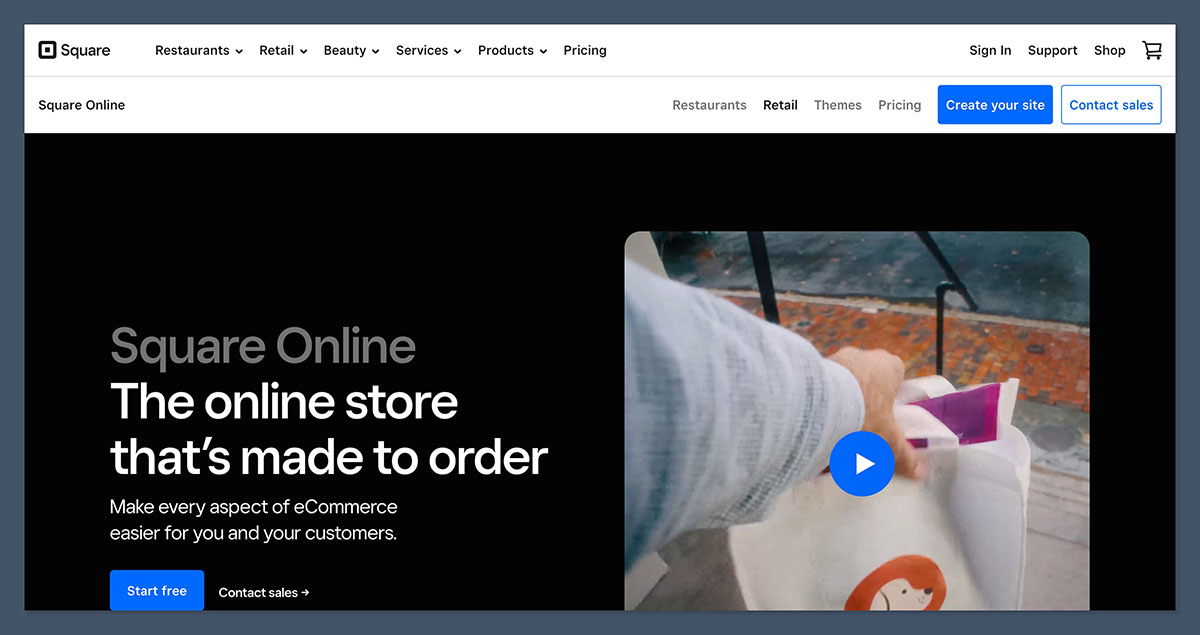
Launch a complete store for free with unlimited products.
Pricing: Free plan available, paid plans from $29/month
POD Integration: Available via Order Desk and Printful
Custom Domain: Only available on paid plans
Square Online delivers one of the most generous free ecommerce offerings in the market. You can create a full website, list unlimited products, and accept payments—all without paying a monthly fee. The platform is intuitive, reliable, and beginner-friendly.
Although it doesn’t offer native print on demand integrations, you can connect it to Printful or Printify using Order Desk, which works well for automating fulfillment.
Key Features:
- Offer unlimited product listings with no monthly fee
- Accept credit card payments with built-in Square processing
- Set up local delivery, in-store pickup, or nationwide shipping
- Track inventory across multiple channels
- Build your storefront using a visual editor
Pros:
- Supports selling unlimited products for free
- Lets users accept payments without needing extra plugins
- Connects to print on demand services through third-party apps
- Simplifies store setup with step-by-step onboarding
Cons:
- Displays Square branding and ads on the free plan
- Requires a paid plan to use a custom domain
- Does not include direct POD plugins, only via Order Desk
Bottom Line:
Square Online makes it possible to start selling with no upfront costs. Its ease of use and scalability make it ideal for new sellers who want a complete solution without complexity.
#2. Ecwid – Best for Selling on an Existing Website
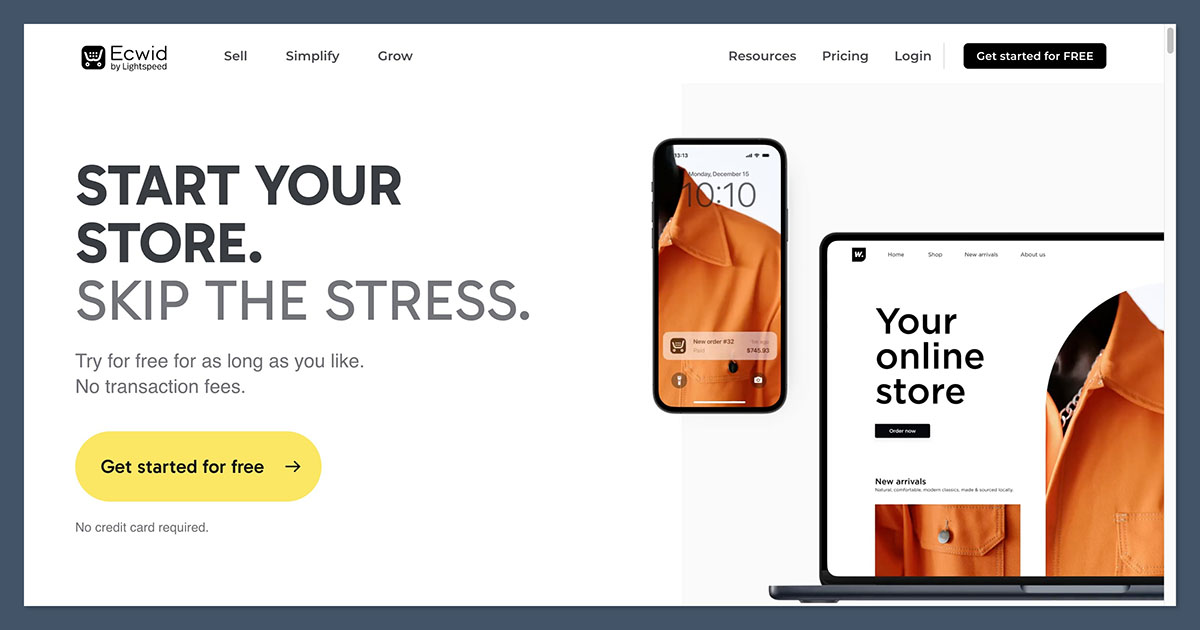
Add ecommerce features to any site with a simple plugin.
Pricing: Free forever (up to 5 products), paid plans from $19/month
POD Integration: Available through apps like Printful
Custom Domain: Only available on paid plans
Ecwid allows you to add ecommerce functionality to an existing website, blog, or social media page. If you already have a presence online and want to monetize it, Ecwid is a smart option.
You don’t need to rebuild your entire site — just install Ecwid and start selling.
Key Features:
- Add a store to WordPress, Squarespace, Wix, or HTML sites
- Connect to Printful or Printify for automated POD fulfillment
- Accept payments online through Stripe, PayPal, and more
- Offer multi-language and multi-currency support
- Create product listings with images, variations, and inventory tracking
Pros:
- Integrates with your current site or blog
- Supports secure checkout and mobile optimization
- Connects easily to POD platforms using built-in or third-party apps
- Allows multichannel selling (social, marketplaces, and more)
Cons:
- Limits users to five products on the free plan
- Requires a paid plan for full SEO settings and analytics
- Does not offer full website building capabilities
Bottom Line:
Ecwid is ideal if you already have a website and want to add ecommerce functionality. It’s one of the easiest ways to test print on demand with minimal effort.
#3. Big Cartel – Best for Creators and Small Shops
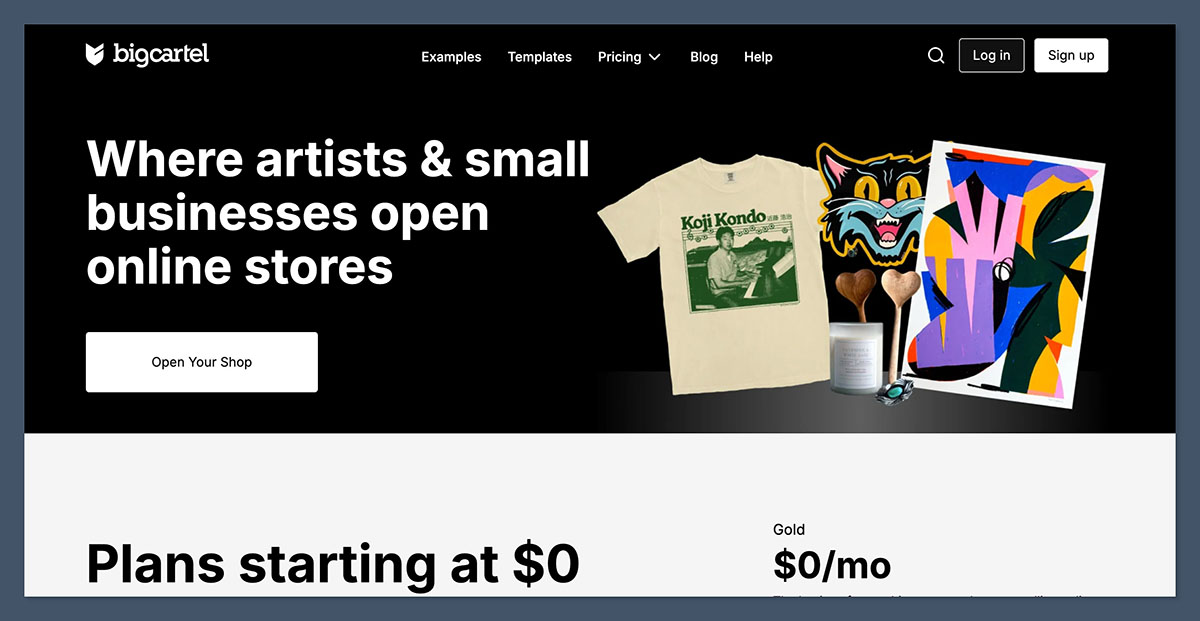
Build a minimalist storefront with zero monthly cost.
Pricing: Free forever (up to 5 products), paid plans from $9.99/month
POD Integration: Available via Printful and other apps
Custom Domain: Included in free plan
Big Cartel was built for independent creators, makers, and small brands. It offers a clean interface and basic tools to help you launch a store quickly without distractions.
The free plan supports up to five products and even lets you connect your own domain.
Key Features:
- Create a store with customizable templates
- Add your own branding and use a custom domain
- Connect to Printful or Printify for POD products
- Track orders, manage inventory, and run simple promotions
- Access mobile store management with Big Cartel’s iOS app
Pros:
- Offers a free plan with real ecommerce tools
- Allows use of a custom domain, even on the free plan
- Works well for creators with small catalogs
- Connects easily to print on demand tools
Cons:
- Limits product listings to just five items on the free plan
- Lacks built-in email marketing or advanced analytics
- Offers basic design customization with no drag-and-drop editor
Bottom Line:
Big Cartel is perfect for artists, musicians, and makers who want to start selling with a small product line and zero technical hassle.
#4. Spreadshop – Best Built-In POD Store
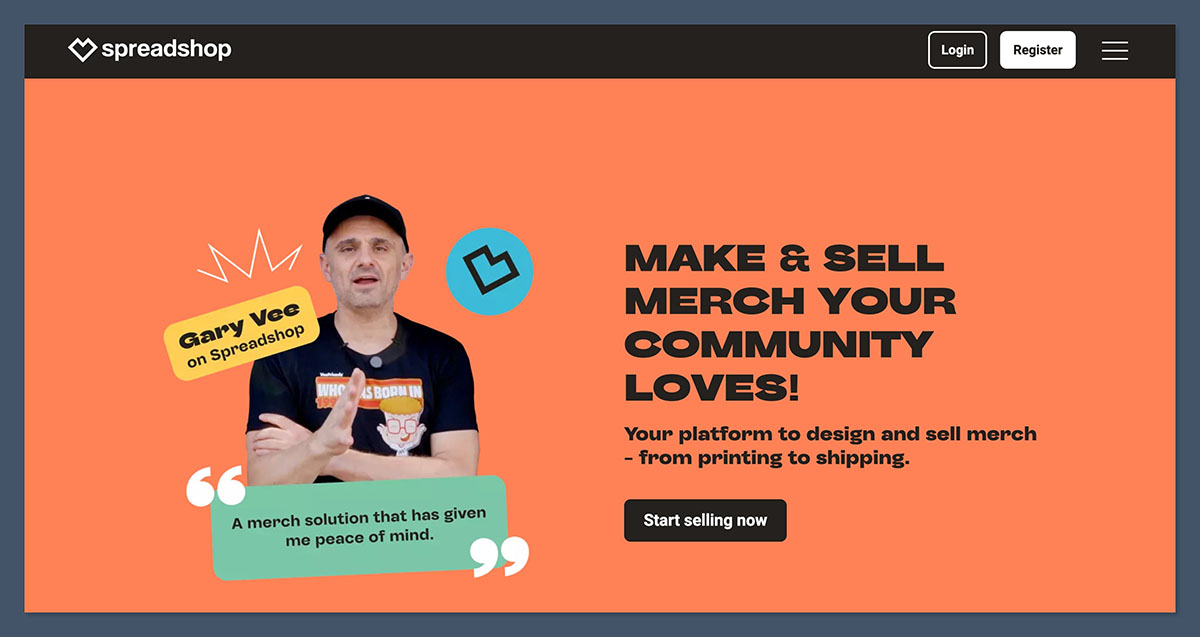
Sell POD products without handling fulfillment or inventory.
Pricing: Free forever (Spreadshop takes a base fee per sale)
POD Integration: Built-in via Spreadshirt
Custom Domain: Not available
Spreadshop offers a hassle-free way to sell print on demand products without managing orders, inventory, or logistics.
It connects directly to the Spreadshirt network and provides a storefront where you can upload your designs and start selling.
Key Features:
- Sell a wide range of customizable POD products
- Upload your designs and apply them to dozens of items
- Set your own profit margins and retail pricing
- Let Spreadshop handle printing, shipping, and support
- Customize the look and feel of your storefront with themes
Pros:
- Requires no setup or tech skills to launch
- Eliminates inventory and order fulfillment
- Helps creators monetize merch with minimal overhead
- Allows you to focus purely on design and marketing
Cons:
- Offers limited control over branding and site structure
- Restricts users to Spreadshop’s product range
- Does not allow external domains or advanced design customization
Bottom Line:
Spreadshop is ideal for new creators and influencers who want to sell merch without worrying about logistics. It’s free, functional, and fast to set up.
#5. Wix – Best Visual Storefront on a Free Plan
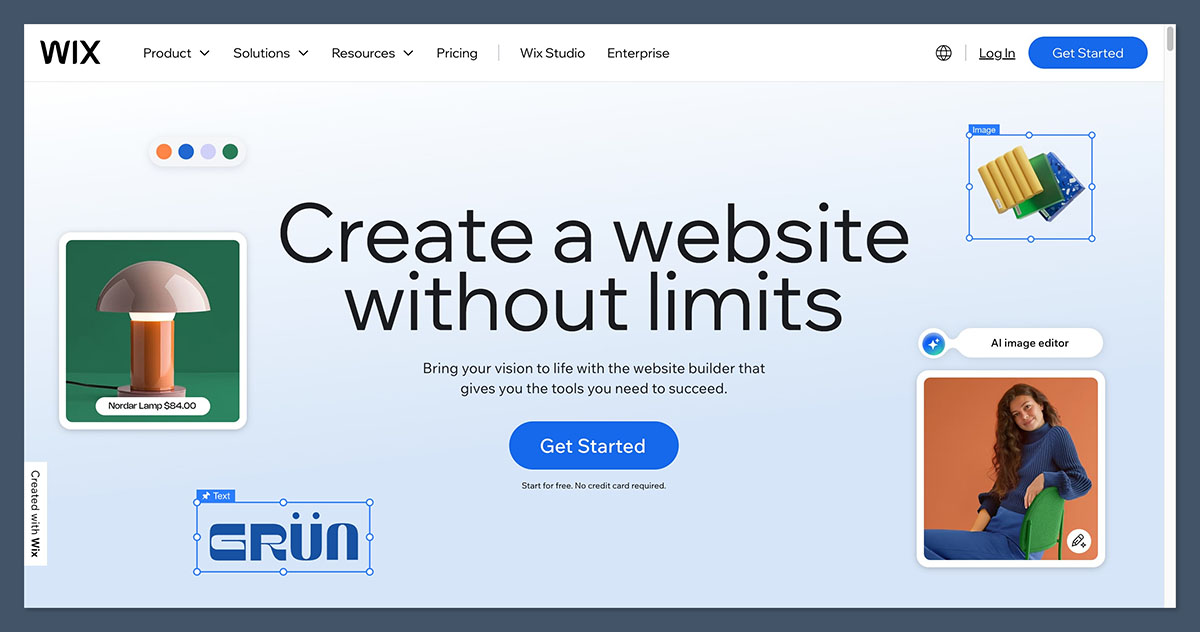
Design a full-featured ecommerce store with creative freedom.
Pricing: Free plan available, paid plans from $16/month
POD Integration: Available through Wix App Market
Custom Domain: Only on paid plans
Wix is a drag-and-drop website builder with strong ecommerce capabilities. Its free plan lets you build a full website with product listings and customize it to match your brand.
You’ll need a paid plan to accept payments, but you can use the free version to fully design and test your store.
Key Features:
- Customize your storefront using over 800 templates
- Add unlimited product listings with variants
- Connect to Printful, Modalyst, and Spocket for POD
- Optimize your site for search engines with built-in SEO tools
- Use the Wix App Market to add email, forms, chat, and more
Pros:
- Offers full creative control over your store’s design
- Connects easily to popular POD platforms
- Supports strong SEO tools and marketing integrations
- Includes access to a large app market for extra features
Cons:
- Displays Wix ads on free plan
- Blocks payment processing until you upgrade
- Offers limited analytics unless on a premium plan
Bottom Line:
Wix is a solid choice for sellers focused on brand design and layout. It’s great for testing a store before launching with full ecommerce features.
#6. Shopify Starter – Best for Selling via Social
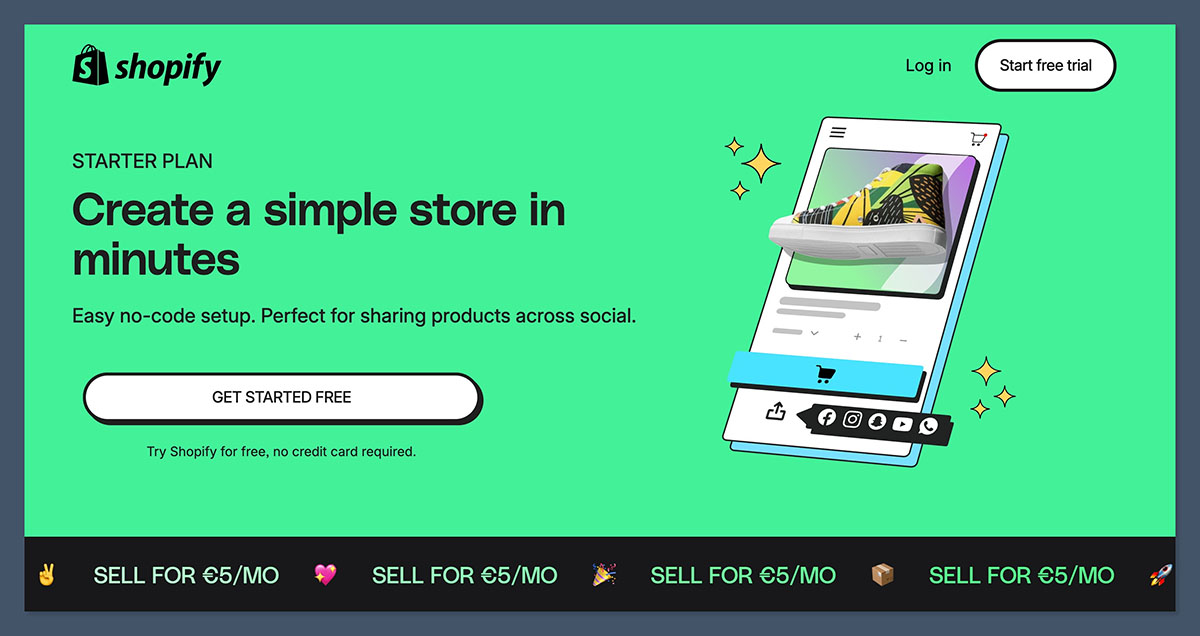
Sell on social platforms without a full store.
Pricing: $1/month for 3 months, then $5/month
POD Integration: Works with Printify, Printful, Gelato
Custom Domain: Not included
Shopify Starter is designed for creators who want to sell through social channels without building a website. It lets you create product links and share them via Instagram, TikTok, WhatsApp, or email.
Key Features:
- Generate checkout links to share anywhere
- Accept payments through Shopify Checkout
- Connect to print on demand tools like Printful or Printify
- Track performance and manage inventory
- Use Shopify’s backend dashboard for order management
Pros:
- Starts at just $1 per month for 3 months
- Works well with influencers and creators
- Supports top POD tools for automated fulfillment
- Offers fast setup with minimal friction
Cons:
- Does not provide a full storefront or web builder
- Offers limited control over branding and layout
- Requires social following to drive sales
Bottom Line:
Shopify Starter is ideal for sellers who want to test ecommerce on a small budget using their existing audience.
#7. WooCommerce – Best for Full Control
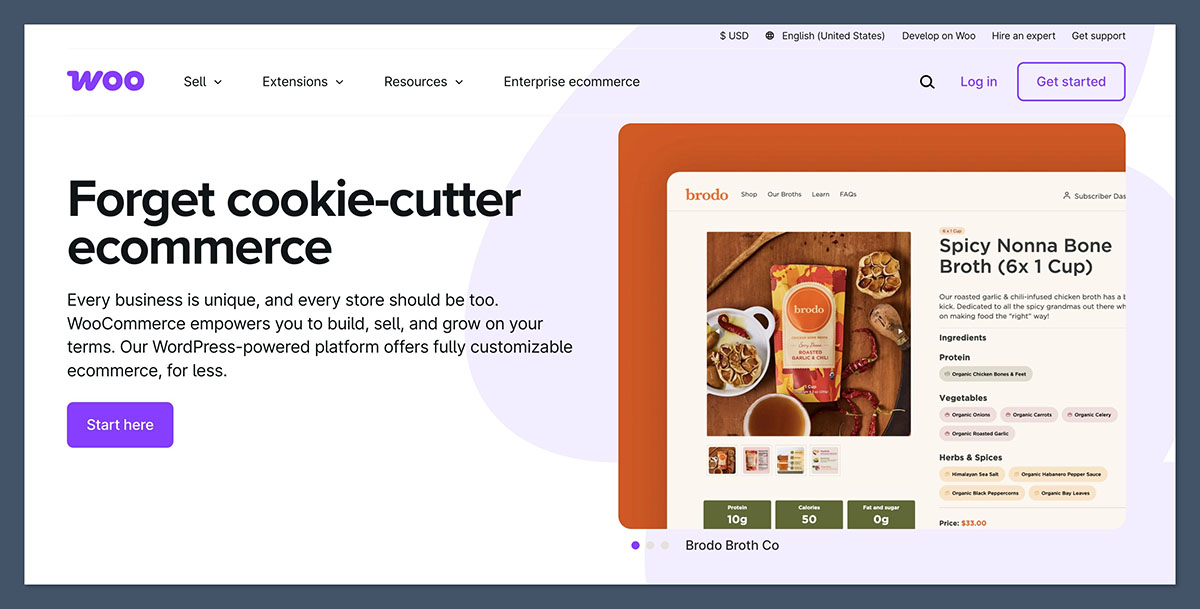
Turn any WordPress site into a powerful online store.
Pricing: Free plugin, but hosting starts around $3–$10/month
POD Integration: Works with Printful, Printify, Gelato, and others
Custom Domain: Yes
WooCommerce is a free ecommerce plugin for WordPress that gives you full control over your store.
You can customize every aspect and install plugins for marketing, SEO, payments, and more.
Key Features:
- Create a self-hosted online store on WordPress
- Sell physical, digital, and subscription products
- Integrate with POD services like Printful
- Customize checkout, product pages, and email notifications
- Access thousands of themes and extensions
Pros:
- Provides full customization and flexibility
- Supports all types of products and business models
- Scales easily as your store grows
- Charges no transaction fees
Cons:
- Requires web hosting and WordPress experience
- Involves regular plugin updates and maintenance
- Can be too complex for non-technical users
Bottom Line:
WooCommerce is best for store owners who want full ownership and customization. It’s powerful, but expect a learning curve.
#8. Gumroad – Best for Digital Creators with POD
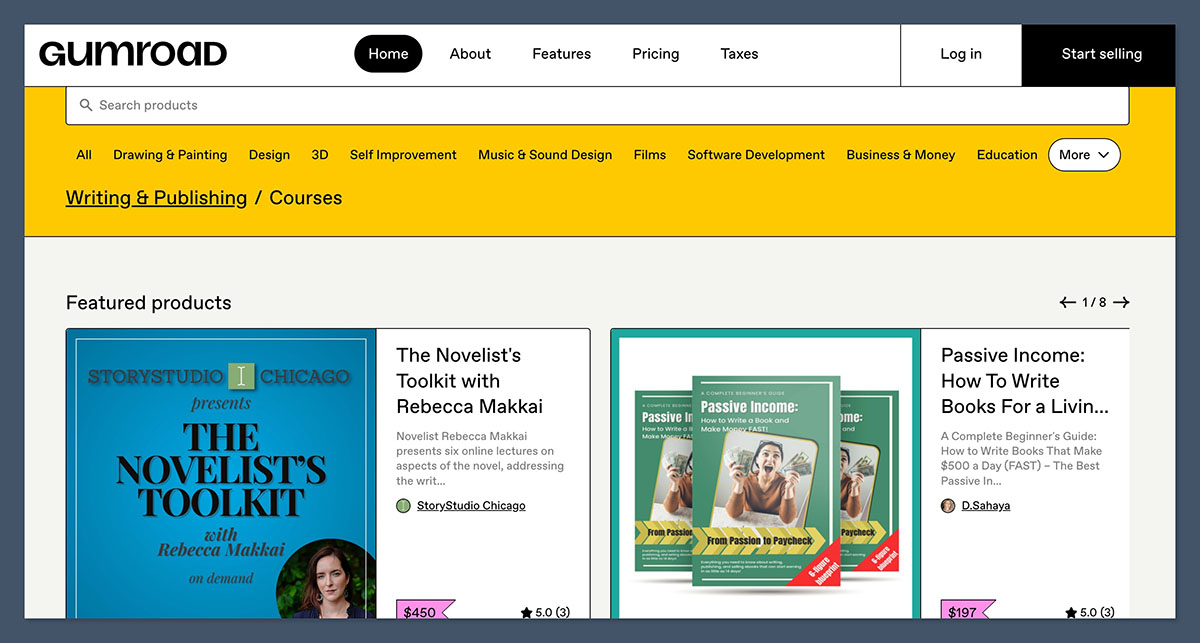
Sell digital and physical products with zero coding.
Pricing: Free for 10 products, takes 10% fee
POD Integration: Indirect (manual fulfillment)
Custom Domain: No
Gumroad is a lightweight ecommerce platform for creators. It’s best for selling digital products, but it also supports physical items like merch and prints — including print on demand.
Key Features:
- Create product listings for digital or physical goods
- Accept payments via Stripe or PayPal
- Set up pay-what-you-want pricing and subscriptions
- Deliver files and license keys automatically
- Collect emails and run basic email campaigns
Pros:
- Offers fast setup and no monthly fees
- Handles hosting and checkout pages
- Works well for creators with mixed product types
- Ideal for pre-selling or testing offers
Cons:
- Limits free users to 10 products
- Charges a 10% transaction fee on each sale
- Does not support full storefront design or domains
Bottom Line:
Gumroad is a simple, fast tool for creators who want to test selling digital or POD products without complexity.
#9. Sellfy – Best for Digital and Physical Product Sellers
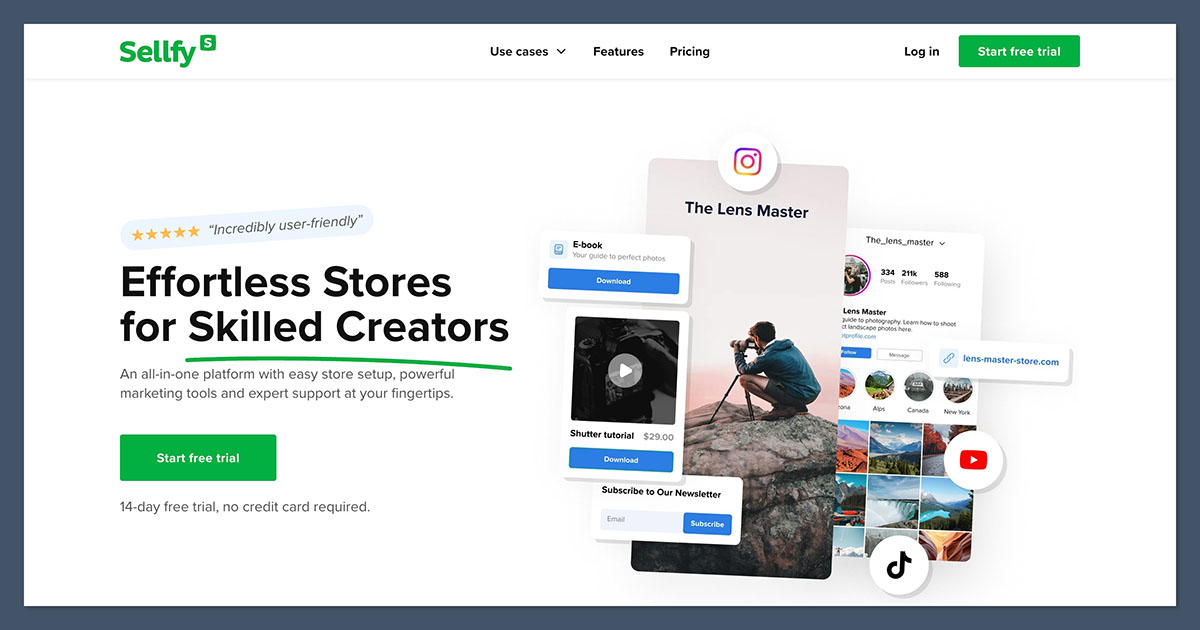
Use one platform to sell digital files, subscriptions, and merch.
Pricing: Free trial available, paid plans from $19/month
POD Integration: Works with Printful and others
Custom Domain: Paid plans only
Sellfy allows creators to sell digital downloads, physical products, subscriptions, and print on demand — all in one store. The interface is modern, and the setup is fast.
Key Features:
- Upload and sell digital files instantly
- Integrate with Printful for POD fulfillment
- Offer discount codes and upsells
- Track sales and visitor behavior
- Use email tools to contact customers
Pros:
- Combines digital and physical sales in one platform
- Includes marketing and upselling tools
- Supports subscriptions and recurring payments
- Offers clean templates for a modern store
Cons:
- Offers only a limited free trial
- Requires upgrade for most ecommerce features
- Lacks advanced design customization
Bottom Line:
Sellfy is a flexible option for creators who sell a mix of digital and physical products. It’s easy to use and includes ecommerce essentials.
#10. PrestaShop – Best for Advanced Users
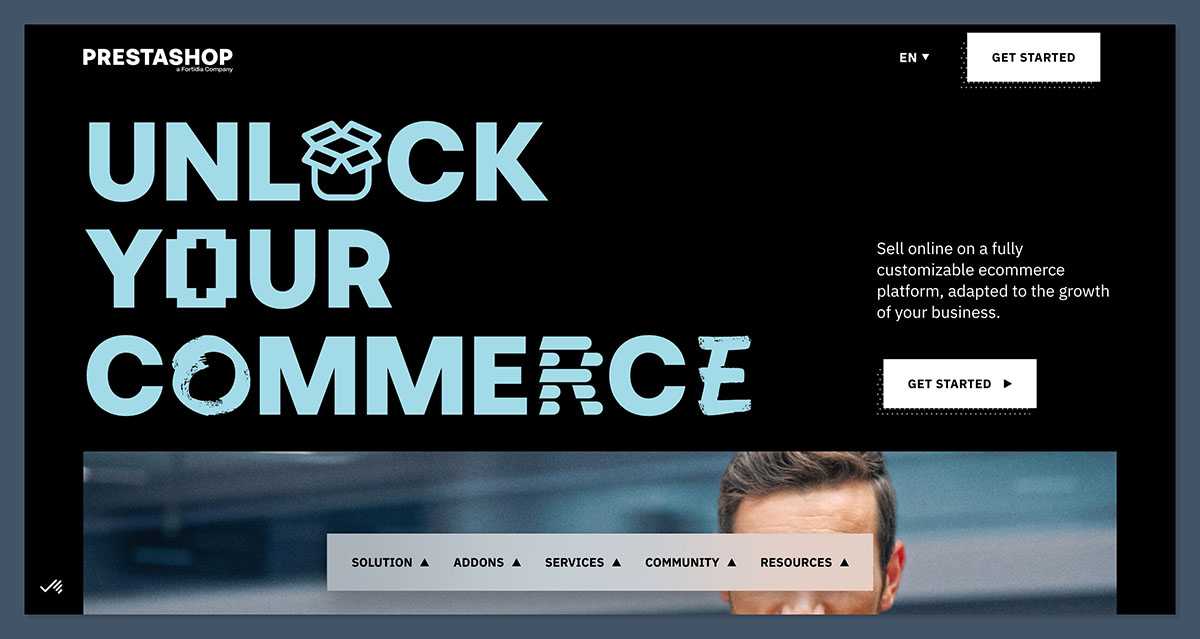
Use open-source software to build a custom store.
Pricing: Free to use; requires paid hosting and technical setup
POD Integration: Works with Printful, Printify, and others via modules
Custom Domain: Yes
PrestaShop is an open-source ecommerce platform for users who want maximum flexibility. You’ll need to handle your own hosting, setup, and updates — but you’ll gain full control over your store.
Key Features:
- Sell unlimited products and manage orders
- Use third-party modules for POD, SEO, payments, and more
- Customize checkout, product pages, and admin tools
- Support multiple currencies and languages
- Handle complex tax, shipping, and inventory logic
Pros:
- Provides unmatched flexibility and customization
- Supports full international ecommerce
- Offers strong performance and scalability
- Connects with top POD providers
Cons:
- Requires advanced setup and development skills
- Needs frequent maintenance and backups
- Lacks built-in templates or marketing tools
Bottom Line:
PrestaShop is best suited for developers or businesses with technical resources. It’s free but comes with complexity.
Final Verdict: What’s the Best Free Ecommerce Platform in 2025?
- Best Overall – Square Online
- Best for Existing Sites – Ecwid
- Best for Creators – Big Cartel
- Best Built-in POD – Spreadshop
- Best for Design Flexibility – Wix
- Best for Social Sellers – Shopify Starter
- Best for Customization – WooCommerce
- Best for Digital + Merch Creators – Gumroad
- Best for Mixed Models – Sellfy
- Best for Developers – PrestaShop
Choosing the right free ecommerce platform really depends on how you want to run your business.
Some tools like Square Online and Ecwid offer great all-around functionality for beginners, while others like WooCommerce or PrestaShop give you more control—if you’re ready for the technical side.
If you’re launching a print on demand store, make sure the platform supports the integrations you need and doesn’t box you in as you grow.
Most of these tools are risk-free to try, so start with the one that matches your goals today, and scale from there.




